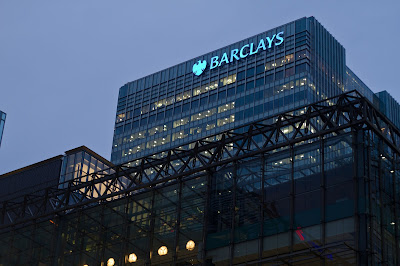Barclays Makes its Move into Familiar Places

We discussed recently here in Financial Regulation Matters that Edward Bramson, the activist investor attempting to change the direction within the British bank Barclays, was attempting to have his fellow shareholders approve his ascension to the Board of the Bank on account of wanting to stem the continued development of the investment arm of the bank. In this post, we will look at what happened and assess the latest news which shines a light on his reasoning. As was widely expected, Bramson lost his bid to join the Board . Only 13% of the votes cast were for Bramson’s resolution although, as stated above, this was widely expected. Whilst there was an unexpected development in the AGM – 30% of shareholders voted against its remuneration report – the focus on Bramson is important. The Guardian reports how opinion was split concerning Bramson’s motives, with some investors agreeing that there was a need to ‘ wake this board of directors up ’, but others stating that ‘bear in m...






